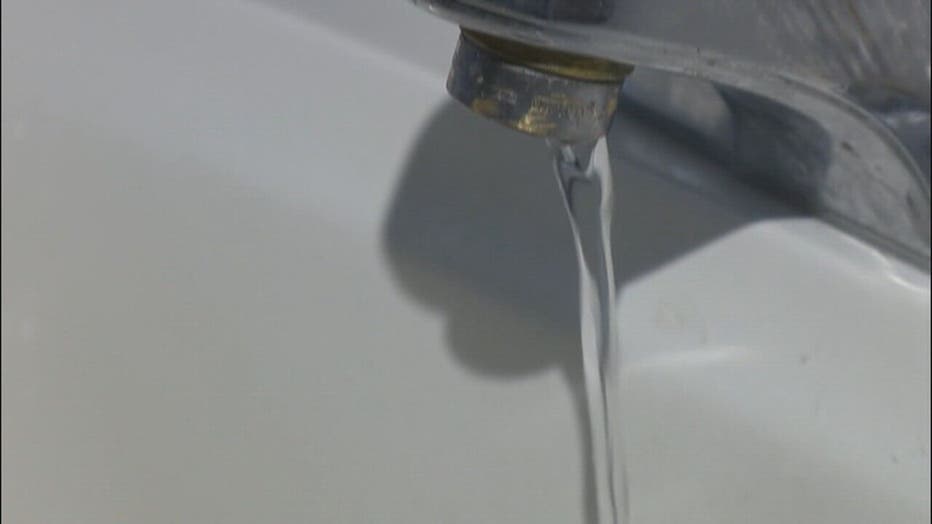Lead found in your city's water? Now what?
(FOX 2) - Earlier this summer, Michigan officials said more lead will soon be found in our water. That time has come.
Since Michigan adopted the strictest lead sample rule in the nation, elevated lead results are now popping up in cities across metro Detroit from Inkster to Dearborn Heights to Royal Oak.
If your city is one of the recent ones that's announced, it's not necessarily cause for alarm. Lead water pipes can sometimes be found in older homes, and drinking water faucets manufactured before 2014 were allowed to contain up to 8 percent lead.
So it's important to know your existing water quality hasn't changed - only the testing requirements have.

Changes to the Michigan Safe Drinking Water Act were approved in 2018 by then-Gov. Snyder in the wake of the Flint Water Crisis.
The biggest and immediate change is that samples drawn from a house with exterior or interior lead plumbing now have to also be taken from the fifth liter, not just the first liter.
Other big, gradual changes include mandatory replacing of lead service lines beginning in 2021 to be completed by 2040, and by 2025 the Action Level for lead in drinking water will be lowered from the current level of 15 parts per billion (ppb) to 12 ppb.
Local governments and water utilities were unhappy with the new rules, which were drafted and revised over a two-year period. They called them a costly overreaction to the unique, man-made lead contamination in Flint that occurred when the city's water source was switched in 2014 and not treated to prevent corrosion while Flint was under state management, enabling lead to leach from aging service lines and household fixtures.
If your municipality is one that came back this year with elevated lead samples, contact your city for more information. They may have free filters or other tips for keeping your water clean.
Meanwhile, here are some other safety tips:
- Flush your pipes before using your water
- Using a filter can reduce lead in drinking water
- Use cold filtered or flushed water for drinking, cooking or rinsing food; for mixing powdered infant formula; and brushing your teeth
- Lead dissolves more easily in hot water, so don't use hot water for drinking or cooking
- Clean your aerator, as it can trap pieces of particulate lead
You can get more information and safety guidelines online at www.michigan.gov/mileadsafe.
You can read more about the new lead and copper testing rule here and here.
The Associated Press contributed to this report

